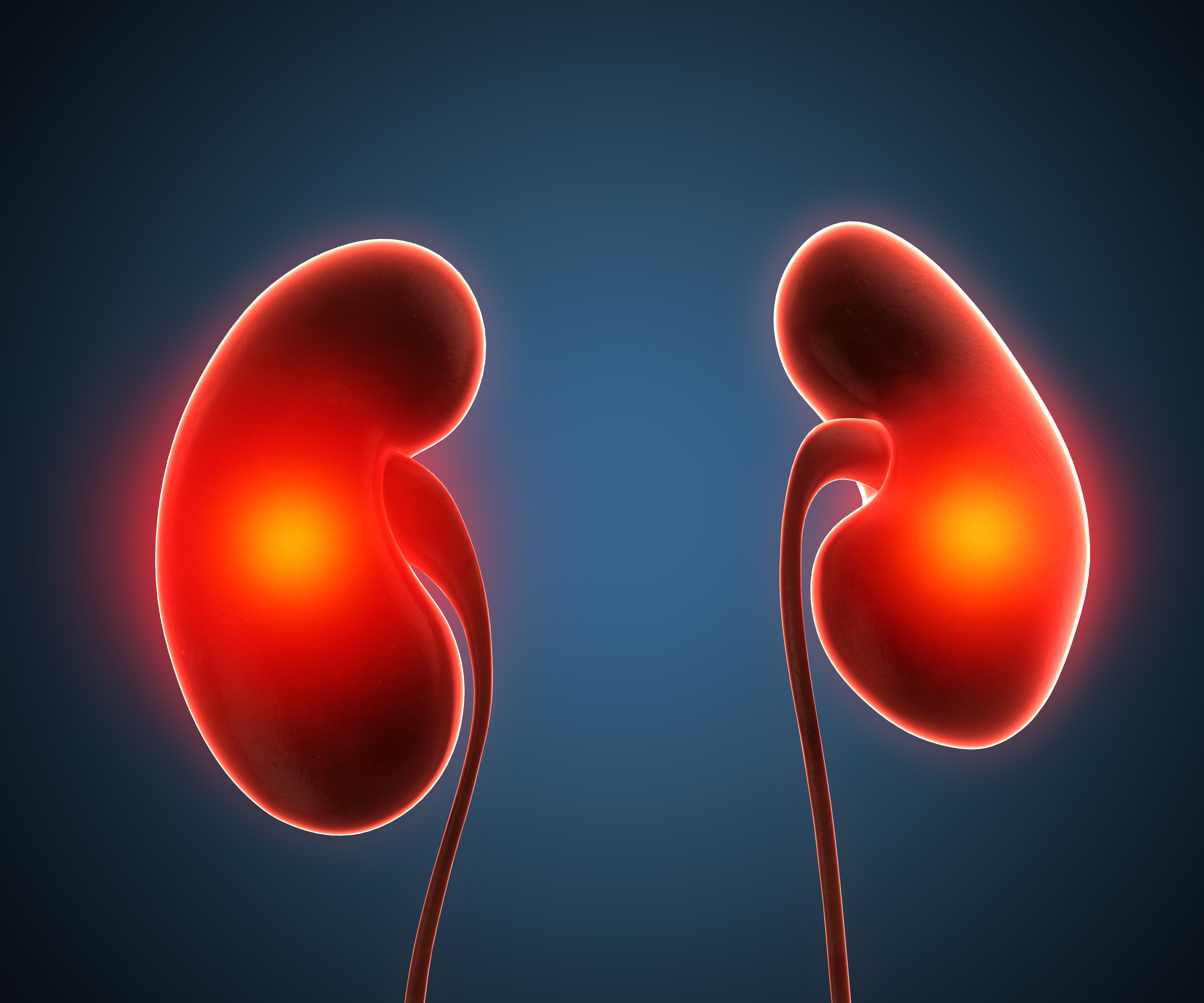News
Article
Young Adults More Likely to Believe Myths Related to Tanning, Sun Protection, Skin Cancer
Author(s):
These survey results indicate that young adults tended to embrace misconceptions regarding sun protection and positive views of tanning.
Credit: Pexels

Around 32% of Americans report believing that a tan enhances one's appearance and health, according to a recent national survey, in addition to similar views on other sun protection myths than may promote behaviors which increase rates of skin cancer.1
The findings also indicated that about 14% of adults under 35 viewed sunscreen usage each day as being more detrimental to one’s skin than direct sun exposure. These findings and others were the results of a national survey conducted by the Orlando Health Cancer Institute.
“There is no such thing as a healthy tan, as it’s really just a visual manifestation of damage to the skin,” said Rajesh Nair, MD, an Orlando Health Cancer Institute oncology surgeon, said in a statement. “But we’re fighting against a perceived positive image and health benefits of something that actually has a totally opposite reality, which is that suntanned skin represents an increased risk of a deadly disease.”
The research was carried out by Ipsos and facilitated by the Orlando Health Cancer Institute, with the survey being conducted online in the US in the timeframe between March 22 - March 24, 2024. Orlando Health is a prominent healthcare organization which is based out of Orlando, Florida, organizing the survey due to its commitment to the advancement of health knowledge and public health awareness.
This survey of US adults aged 18 years and older polled 1,021 such adults, forming a nationally representative sample. The population sample had a margin of error of plus or minus 3.3 percentage points and a 95% confidence level (CI).
The investigators found that in the results of this nationally-representative survey, there was an observable tendency of younger adults to embrace what were determined to be misconceptions about protection against sun exposure. This was noted as potentially diverting these individuals from established methods of skin cancer prevention.
“We have really hectic and busy lives, and we're trying to find information to guide us on healthy choices and decision-making to the best of our ability,” Nair expressed in his statement. “But the overwhelming number of people and organizations claiming to have the right answers makes it really hard to know what to believe.”
In addition to the survey’s findings that 32% of survey respondents believed in a tan positively impacting health and 14% of those under 35 believed daily sunscreen to be more detrimental than direct sun exposure, the investigators also reported that around a quarter of respondents (23%) were found to have believed that remaining hydrated with water had the potential to prevent sunburns.
Nair noted the lack of data indicating any type of sun protection from simply staying hydrated. He added that the protective attributes of sunscreens far outweigh the known risks, noting that if concerns about chemicals remain then individuals have the option to use mineral sunscreens such as zinc oxide and have proven to be safe.
The navigation of reliable data and potential misinformation in today’s world is an activity that is well-known and increasingly difficult to many. Such challenges were exemplified by Brianna Starr, an American 29 years of age, who noted that social media trends frequently influence peoples’ overall perceptions of health advice.
The opinions of Starr had generally shifted towards ensuring adequate protection of her skin from sun exposure following her sister’s surprising diagnosis of melanoma at the young age of 19. This diagnosis was noted as having led to Starr’s adoption of rigorous sunscreen practices and generally advocacy of frequent screenings for skin cancer through the help of health experts.
Given reports of COVID-19 pandemic lockdowns and their association with skin cancer screening delays, as well as reports from Europe of an estimated 111,464 years of life, melanoma prevention strategies are a practice many are considering more and more necessary within the current healthcare landscape.2
References
- Survey finds young adults more likely to believe myths about sun protection and skin cancer prevention. Orlando Health. May 1, 2024. https://www.eurekalert.org/news-releases/1042452. Date accessed: May 2, 2024.
- Smith T. Melanoma Screening Delays During Lockdowns Linked to Deaths, Significant Economic Cost. HCPLive. February 28, 2024. https://www.hcplive.com/view/melanoma-screening-delays-during-lockdowns-linked-to-deaths-significant-economic-cost. May 2, 2024.
2 Commerce Drive
Cranbury, NJ 08512
All rights reserved.





